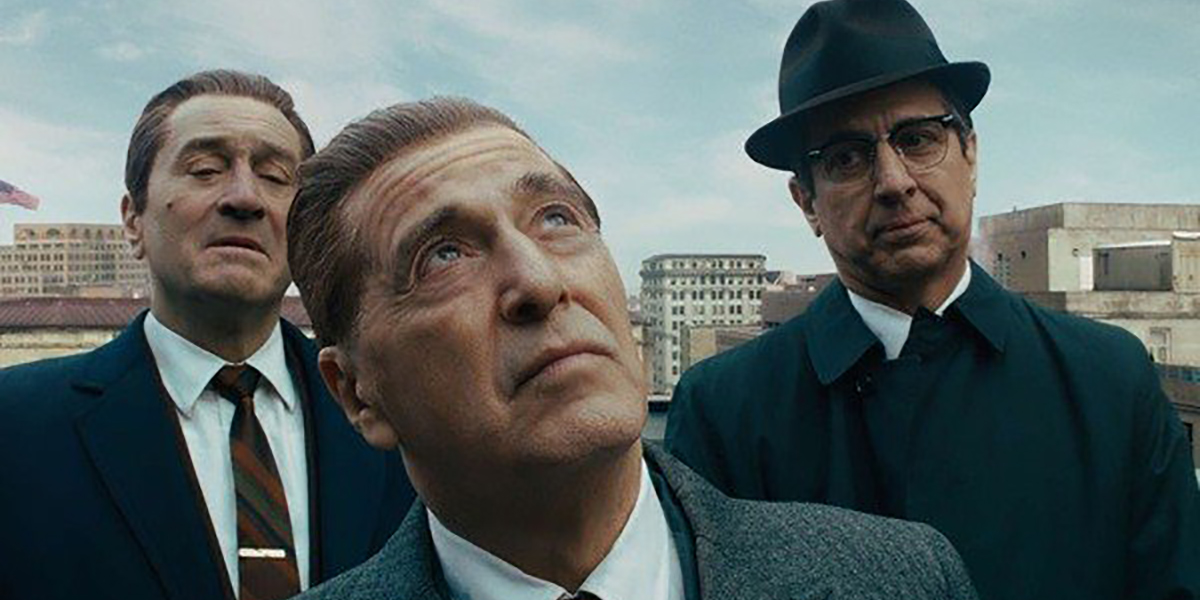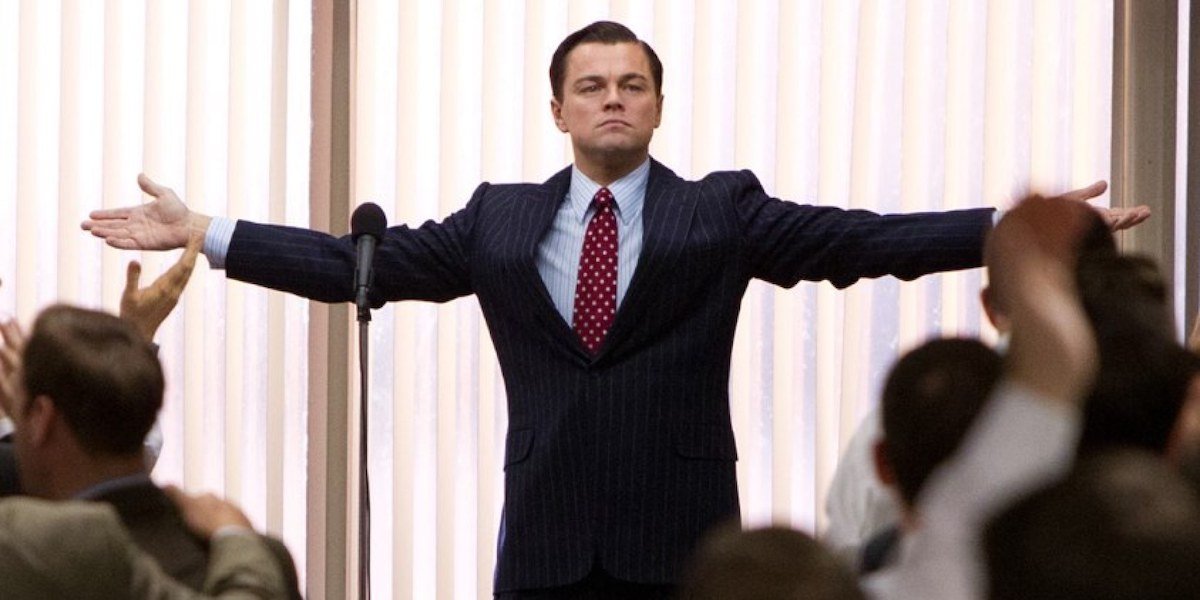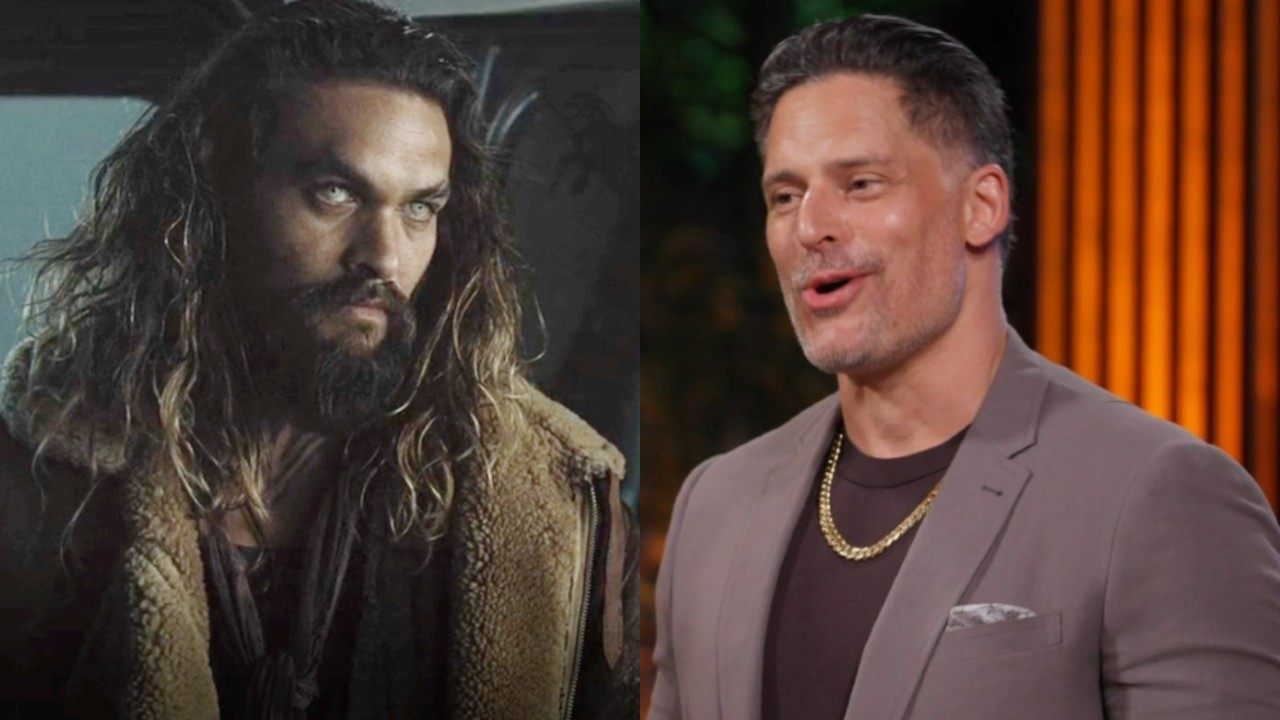Martin Scorsese Has More Blunt Thoughts About The State Of The Film Industry

Your Daily Blend of Entertainment News
You are now subscribed
Your newsletter sign-up was successful
When it comes to cinema, Oscar-winner Martin Scorsese has been celebrated as a trendsetting filmmaker for over six decades. Many of today’s biggest directors have named him a major influence. So when he speaks, people listen. Recently, the celebrated director gave his blunt thoughts about the current state of the industry.
Martin Scorsese’s career as a filmmaker has been brought forth some of cinema’s most celebrated films – Taxi Driver, Raging Bull, Goodfellas, Casino and The Departed, just to name a few. Over the years, the celebrated director has been critical of the current film landscape to mixed reception. Scorsese recently authored an essay titled “Il Maestro” about filmmaker Federico Fellini for Harper’s Magazine. In the essay, he chose to speak about the business end using the term “content” for all media instead of film.
As recently as fifteen years ago, the term 'content' was heard only when people were discussing the cinema on a serious level, and it was contrasted with and measured against 'form.' Then, gradually, it was used more and more by the people who took over media companies, most of whom knew nothing about the history of the art form, or even cared enough to think that they should. 'Content' became a business term for all moving images: a David Lean movie, a cat video, a Super Bowl commercial, a superhero sequel, a series episode. It was linked, of course, not to the theatrical experience but to home viewing, on the streaming platforms that have come to overtake the moviegoing experience, just as Amazon overtook physical stores.
After equating the film industry to industry titan Amazon, Martin Scorsese weighed the positive and negative options of all media being on streaming platforms. But he did question whether this level playing field is affecting the integrity of filmmaking.
On the one hand, this has been good for filmmakers, myself included. On the other hand, it has created a situation in which everything is presented to the viewer on a level playing field, which sounds democratic but isn’t. If further viewing is 'suggested' by algorithms based on what you’ve already seen, and the suggestions are based only on subject matter or genre, then what does that do to the art of cinema?
As previously stated, Martin Scorsese has been critical of the changing film landscape. So these latest words weren’t out of the norm for him. His words also spoke of a great filmmaker who still loves the art of cinema but despises non-creatives making creative decisions. Scorsese appeared to love the benefits of streamers (see: his deal with Netflix) while worrying about their lasting effect on the moviegoing experience. As he pointed out, streaming platforms rely on numbers and not pushing the art forward.
But Martin Scorsese’s perspective on cinema was formed during his childhood as a young film enthusiast. So, he's remained a true cinema lover even after joining the Hollywood system himself. But he hasn’t been the only one to criticize the shift in filmmaking. Fellow filmmakers such as M. Night Shyamalan, Denis Villeneuve and Christopher Nolan have spoken out against film releases being driven by film studios’ business interests rather than the art of cinema. At this point, Scorsese and other directors seem to be in a battle over art versus business. Only time will tell who will be victorious in that battle – filmmakers or studio executives.
Your Daily Blend of Entertainment News

A boy from Greenwood, South Carolina. CinemaBlend Contributor. An animation enthusiast (anime, US and international films, television). Freelance writer, designer and artist. Lover of music (US and international).

